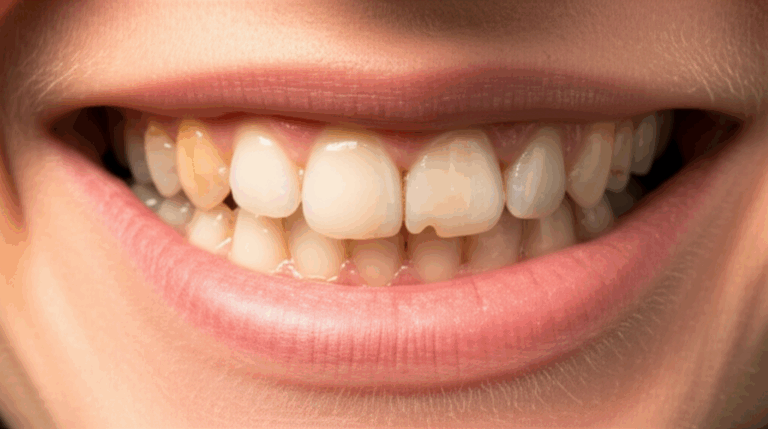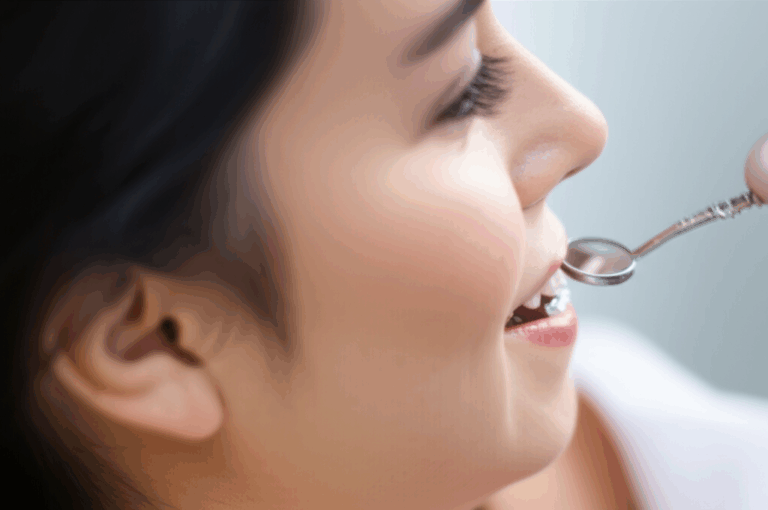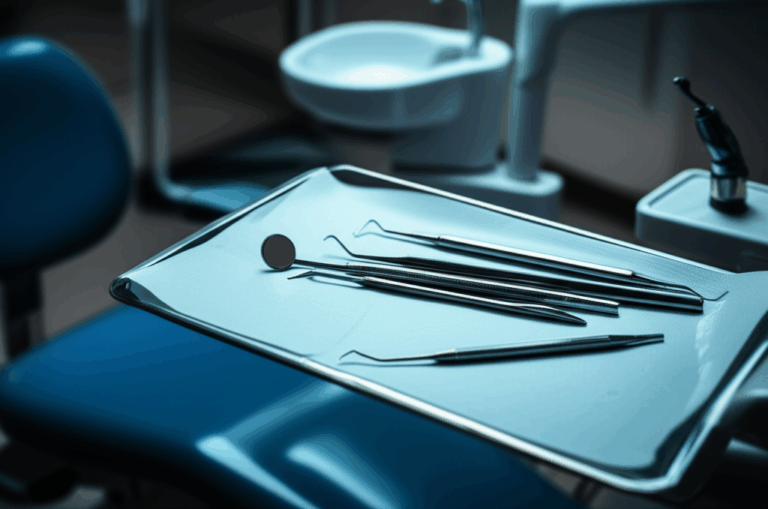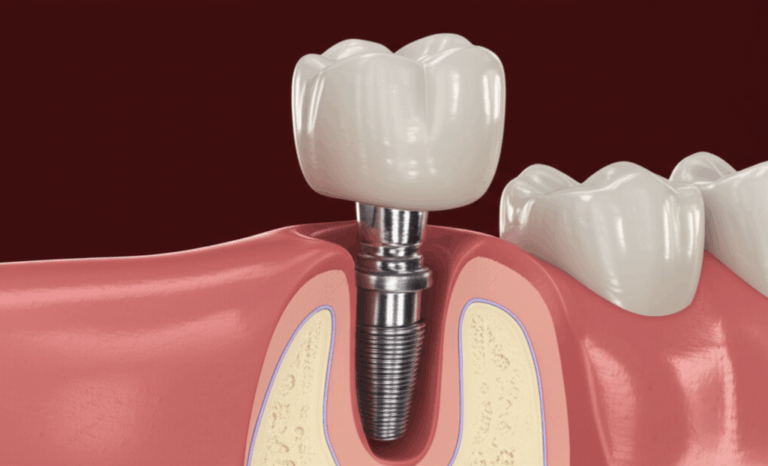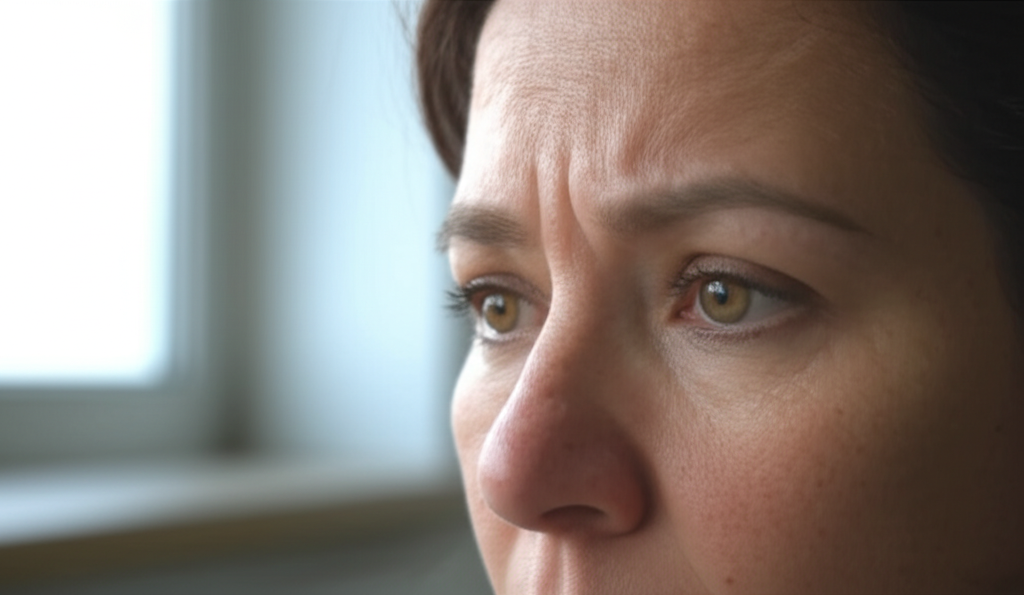
Why Do I Have So Many Dental Problems? Understanding Causes & Finding Solutions
Are you tired of toothaches, constant dentist visits, or never-ending dental bills? You’re not alone. In this article, I explain why so many people have recurring dental problems, dig into the real causes, and offer clear steps you can take to enjoy a healthier, pain-free smile. If you’re frustrated by dental trouble that just won’t quit, keep reading—relief is closer than you think!
Table of Contents
- Why Do My Teeth Keep Having Problems?
- What Everyday Habits Wreck My Teeth?
- Does What I Eat Really Matter?
- Can Smoking, Alcohol, or Drugs Hurt My Smile?
- Why Does My Mouth Feel Dry All the Time?
- Are Health Problems Making My Teeth Worse?
- Is Stress Giving Me Dental Problems?
- Are My Dental Issues In My Genes?
- How Can Bad Dental Work Cause Trouble?
- What Can I Do Right Now To Help My Teeth?
- When Should I See a Dental Specialist?
- Can Dental Labs Help Me?
- Conclusion: Take Charge of Your Smile!
- FAQ
- Key Points To Remember
Why Do My Teeth Keep Having Problems?
Does it ever feel like every time you go to the dentist, they find something wrong? Toothaches, sensitive spots, or swollen gums—it’s easy to feel unlucky! I used to think I just had “bad teeth,” no matter how hard I tried. But it’s not just about luck. Most dental issues come from a mix of everyday things you do, your body’s health, your family history, and even old dental work. You can get control once you know what’s going on.
Think about how often you’ve brushed, flossed, and still got a new cavity or a cracked tooth. I used to blame myself. But after a lot of reading—and too much time in that dental chair—I found out that dental problems like cavities, gum disease, and broken teeth aren’t always your fault. Doctors agree: Dental health is tied to your whole body, not just your brushing.
What Everyday Habits Wreck My Teeth?
Let’s start simple: brushing, flossing, and check-ups. Lots of people brush too fast, miss spots, or just skip flossing. A soft toothbrush in gentle little circles is best—scrubbing hard wears down both the outside of your teeth and your gums. If you don’t floss, stuff builds up between your teeth and causes gum disease and cavities.
But there’s more than just brushing. Do you skip seeing your dentist? Little problems can turn big and painful when you ignore them. Ignoring that little twinge in your tooth or skipping your yearly cleaning makes things worse. The Centers for Disease Control and Prevention (CDC) says about 1 in 4 adults have untreated cavities because they skip routine care.
Does What I Eat Really Matter?
Definitely. What you eat has a big effect. Candy, soda, and fruit juice cover your teeth in sugar and acid. This helps bad bacteria and makes the hard outside layer (enamel) weak. That means you can get cracked teeth, teeth that hurt, and—yep—another cavity.
Eating all day long, or “snacking,” means your teeth face acid much more. Sour foods—like lemons, pickles, or sodas—wear down enamel. If you sip soda or juice all day, your teeth never get a break.
So what helps? Eat crunchy fruits or veggies (like apples or carrots), cheese, and foods with calcium or vitamin D. These help teeth and gums. If you like snacks, stick to ones that don’t stick on your teeth—skip sticky candies!
Can Smoking, Alcohol, or Drugs Hurt My Smile?
Yes—and much more than many people realize. Smoking and using tobacco make you way more likely to get gum disease, lose teeth, and even get mouth cancer. Gums don’t heal well if you smoke. Alcohol makes your mouth dry, raises your risk for cavities, and if your drinks are sugary—it’s even worse.
What about drugs? Some drugs ruin your teeth quickly, causing dry mouth (xerostomia), grinding, and can even burn the inside of your mouth.
The CDC says smokers are twice as likely to need gum disease care, and their gums heal slower even with good dental work. The fix? Quit tobacco and keep alcohol low to help your teeth and gums.
Why Does My Mouth Feel Dry All the Time?
A dry mouth isn’t just annoying—it’s a top reason for dental trouble. Spit helps wash away food bits and germs. Without enough, your chances for cavities, bad breath, and wearing away enamel go way up.
Medications are a big reason. Blood pressure pills, mood pills, and allergy medicines often cause xerostomia. Some health problems like diabetes or Sjogren’s do too. With less spit, acids get more time to hurt teeth and gums.
If you’re always thirsty, drink water often and talk to your doctor or dentist. Changing medicine or special rinses can help.
Are Health Problems Making My Teeth Worse?
A lot of health issues mess with your mouth. In my family, diabetes caused nonstop dental pain until a doctor figured it out. Diabetes makes your immune system weaker and makes less spit, so gum disease is more likely.
Other illnesses, like autoimmune diseases (like lupus or Sjogren’s) and bone loss (osteoporosis), hurt your mouth—think weak bones, loose teeth, or lots of mouth infections. Even things like acid reflux (GERD) bring stomach acid up, hurting back teeth.
Hormones matter too. During puberty, pregnancy, or menopause, gums might swell, bleed, or get infected easier. If you have any health problems, tell your dentist. Taking care of your mouth also means taking care of the rest of you.
Is Stress Giving Me Dental Problems?
Yes! Stress does a lot more than just make you tired. It can lower your defenses, letting mouth sores (canker sores) show up. Some people grind or clench their teeth when worried—a problem called bruxism. I had job stress and noticed my jaw hurt every morning. My dentist said I was grinding my teeth at night, wearing down the edges and getting small cracks.
Stress can also make you slack off with brushing or mouth care. It’s easy to eat junk food or drink soda when you’re busy or upset. Simple things—like using a night guard or trying deep breathing—really help.
Are My Dental Issues In My Genes?
If your parents had bad teeth, it’s likely you have some of the same problems. Genes count for how thick your enamel is, how your teeth fit together, and even how much spit you make.
You can’t change your genes, but you can make smart choices to keep your teeth safe. For example: If you have crooked teeth or not much space—good spots for germs—be extra careful with flossing or see about braces.
Some dental labs offer extra help for tough cases, from braces to custom retainers and more. For more on tooth shape, check out this simple page on teeth information.
How Can Bad Dental Work Cause Trouble?
Old fillings, crowns, or bridges don’t last forever. Sometimes, they break, leave gaps, or make your mouth hurt. Germs sneak in under old dental work, leading to new decay or gum problems.
Have you had a few root canals or lots of dental surgeries? Old dental work going bad often needs an expert. Here, you might want to visit a special lab or dentist. Good dental labs use strong stuff like zirconia or ceramics for crowns that fit better and last longer. You can read about repairs at our crown and bridge lab.
What Can I Do Right Now To Help My Teeth?
There’s plenty you can do—starting now. Here’s a list to try soon as you can:
1. Brush and Floss Right
- Brush twice a day for at least two minutes, gently, with a soft brush.
- Floss every day or try little brushes or a water flosser for in-between teeth.
2. Use Good Stuff
- Fluoride toothpaste helps stop cavities. For dry mouth, try special rinses—ask your dentist.
- Try mouthwash that fights germs for healthy gums.
3. Eat Smart
- Cut down on sugar and sour foods.
- Snack on cheese, nuts, yogurt, or crunchy fruits and veggies.
4. See the Dentist Often
- Visit twice a year for checkups and cleanings.
- Catch small problems while they’re small. Ask for x-rays if needed.
5. Quit Bad Habits
- Stop smoking or chewing tobacco.
- Limit alcohol and skip drugs.
6. Watch Your Health Issues
- Work with your doctor and dentist, especially for diabetes, autoimmune illness, or acid reflux.
7. Fix Your Stress
- Try to relax.
- Ask your dentist about a night guard if you grind your teeth.
If you need advanced help, a digital dental lab can help make crowns, veneers, or implants just for you.
When Should I See a Dental Specialist?
Some problems need more than a cleaning! If you have:
- Tooth pain that won’t go away,
- Swollen or bleeding gums,
- Wiggly or loose teeth,
- Jaw pain, headaches, or biting trouble,
- Old dental work that doesn’t feel right or hurts,
Time to see a specialist. Periodontists fix gum trouble, endodontists handle tough root canals, and oral surgeons fix the hard stuff. Don’t be afraid to get a second opinion if something feels wrong.
Can Dental Labs Help Me?
For sure. Good dental labs, like ours, make strong crowns, bridges, implants, and dentures with new, improved materials. They work with your dentist so your repairs fit right, heal fast, and your smile lasts. Our denture lab makes natural, comfy replacements if you need them.
Labs use digital designs and good materials—like ceramic, zirconia, or Emax. These work better and last longer than old repairs. If you keep having trouble with fillings, crowns, or missing teeth, ask about lab-made solutions.
Conclusion: Take Charge of Your Smile!
So: Dental problems are super common, but they’re not forever. Most people who have trouble with their teeth have a mix of causes—from small everyday habits to stuff out of their control (like your genes or health). The good part? You have lots of ways to protect your teeth, even if things didn’t go well before.
Don’t stay stuck with pain and endless dental visits! Work with your doctor and dentist, fix small things fast, and ask about new options from good dental labs. Remember, little changes add up to a much nicer smile—and way less pain or stress.
FAQ
Q: Is it normal to still get cavities even if I brush every day?
A: Sadly, yes. Sometimes your enamel is thin, or germs hide in where your brush can’t reach. Eating better, flossing daily, and seeing your dentist for check-ups plus proper dental work can help.
Q: What health problems cause tooth trouble?
A: Diabetes, acid reflux, autoimmune diseases, and bone loss (osteoporosis) can all hurt teeth and gums.
Q: Can bad dental repairs make things worse?
A: Yes! Bad fillings or crowns trap germs and cause new problems like cavities, pain, or gum trouble. Get fit by a trusted dentist, and ask if a good dental ceramics lab made your repair.
Q: What’s the first thing I should do with a new cavity?
A: See your dentist soon. Early care often means a tiny filling—not a big fix or a lost tooth.
Key Points To Remember
- Dental problems come from your habits, health, your genes, and sometimes old bad dental work.
- Brush gently, floss every day, and see your dentist twice a year.
- Eat less sugar and sour foods.
- Quit smoking; drink less alcohol.
- Watch your health—see your doctor for long-term problems.
- Use new dental materials and labs for repairs; they really last longer.
- Ask for help when you need it—don’t be shy or feel bad.
- Dental labs give you better choices now, like crowns and natural dentures made just for you.
- Stay positive! With the right help and better habits, even tough teeth can look and feel great.
For more on caring for your smile, read about dental care that works and see how you can keep your teeth healthy for good!
References:
- CDC: Dental Caries and Sealant Prevalence
- ADA: Oral Health Topics
- NIDCR: Data on Dental Caries
- World Health Organization: Oral Health Fact Sheets
- Timirubber.com: Dental Diseases & Conditions, Teeth Overall Health
Table: Quick Look—Why Dental Problems Are So Common
| Problem | Cause | What Helps Most |
|---|---|---|
| Cavities | Candy, poor brushing, weak enamel | Brush, floss, fluoride, less sugar |
| Gum Disease | Skipped cleanings, genes, smoking | Cleanings, quit smoking |
| Tooth Sensitivity | Sour foods, grinding, gums pulling back | Gentle brushing, avoid citrus |
| Broken Teeth | Grinding, accidents, weak fillings | Night guard, quality crowns |
| Bad Breath | Poor care, dry mouth, gum problems | More brushing, fix dry mouth |
| Repeated Dental Work | Poor fit, cheap repairs, stuck germs | Lab-made repairs, replace old |
For more info about dental health, visit teeth overall health.

